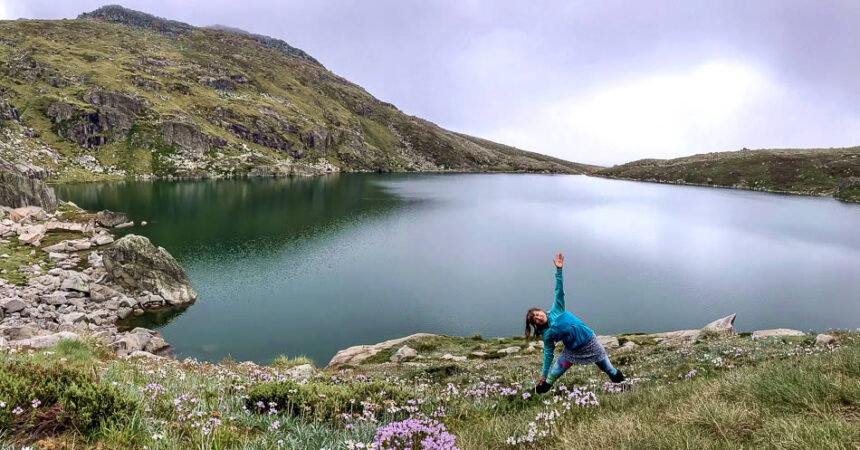Ecotherapy also known as nature or green therapy refers to a practice that involves spending time in nature as a way to promote physical and mental health and well-being. According to studies, humans are intrinsically connected to the natural environment, and re-establishing this connection can have therapeutic benefits. Ecotherapy can be used as an alternative approach to traditional psychotherapy or counseling for a wide range of mental health conditions like depression, anxiety, stress, and other disorders. It also provides a sense of connection with the natural world. Here are five (5) benefits of ecotherapy;
- Stress reduction; according to studies, spending time in natural environments has been shown to decrease levels of stress hormones, such as cortisol, and promote a state of relaxation. The sights, sounds, and smells of nature can have a calming effect on the mind and body, reducing muscle tension, lowering blood pressure, and improving overall mood.
- Improved mental well-being; exposure to nature can decrease symptoms of depression, anxiety, and other mental health issues. The natural surroundings can provide a sense of perspective and encourage mindfulness, allowing individuals to focus on the present moment and disengage from negative thought patterns.
MUST READ; 6 Common Sleep Issues in Children
- Increased physical activity; many ecotherapy activities such as hiking, gardening, or nature-based exercises promote physical activity and movement. Regular physical activity has numerous benefits, including improved cardiovascular health, increased muscle strength, and better sleep quality.
- Enhanced cognitive functioning; studies have found that spending time in nature can improve cognitive abilities, such as attention, memory, and problem-solving skills. The restorative effects of natural environments can help reduce mental fatigue and improve overall cognitive performance.
- Emotional awareness; engaging with nature can promote a deeper connection with one’s emotions and promote self-awareness. Also, the natural environment provides a safe and non-judgmental space for individuals to explore and process their thoughts and feelings leading to a greater sense of emotional balance and well-being.
In conclusion, is important to note that ecotherapy should not be considered a substitute for professional medical or psychological treatment when necessary. However, it can be an effective complementary approach to traditional therapies, providing a holistic and nature-based avenue for healing and personal growth.


